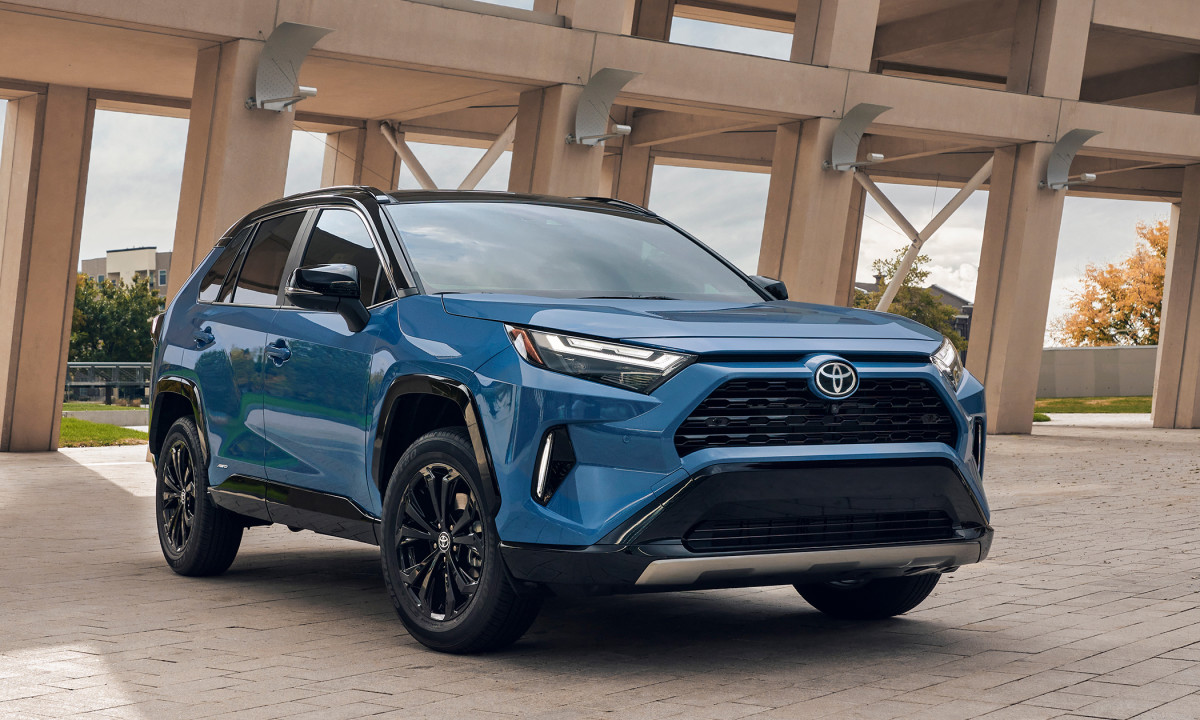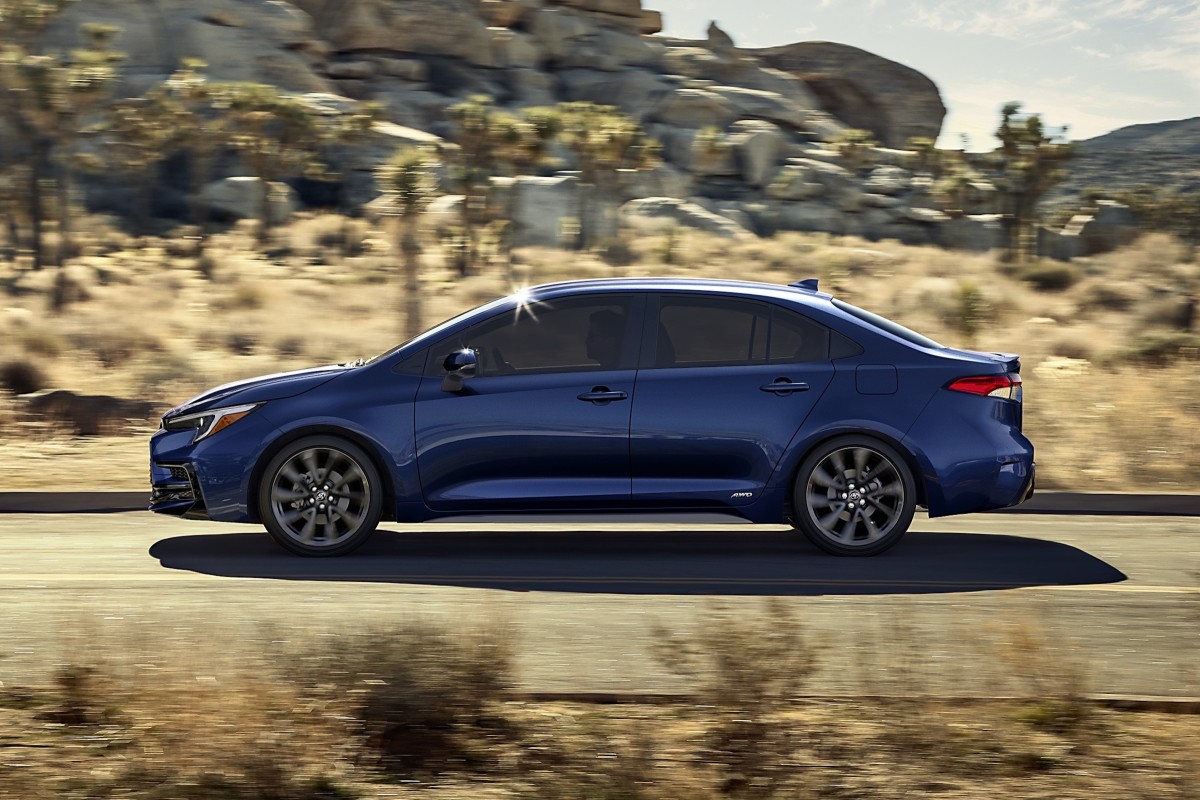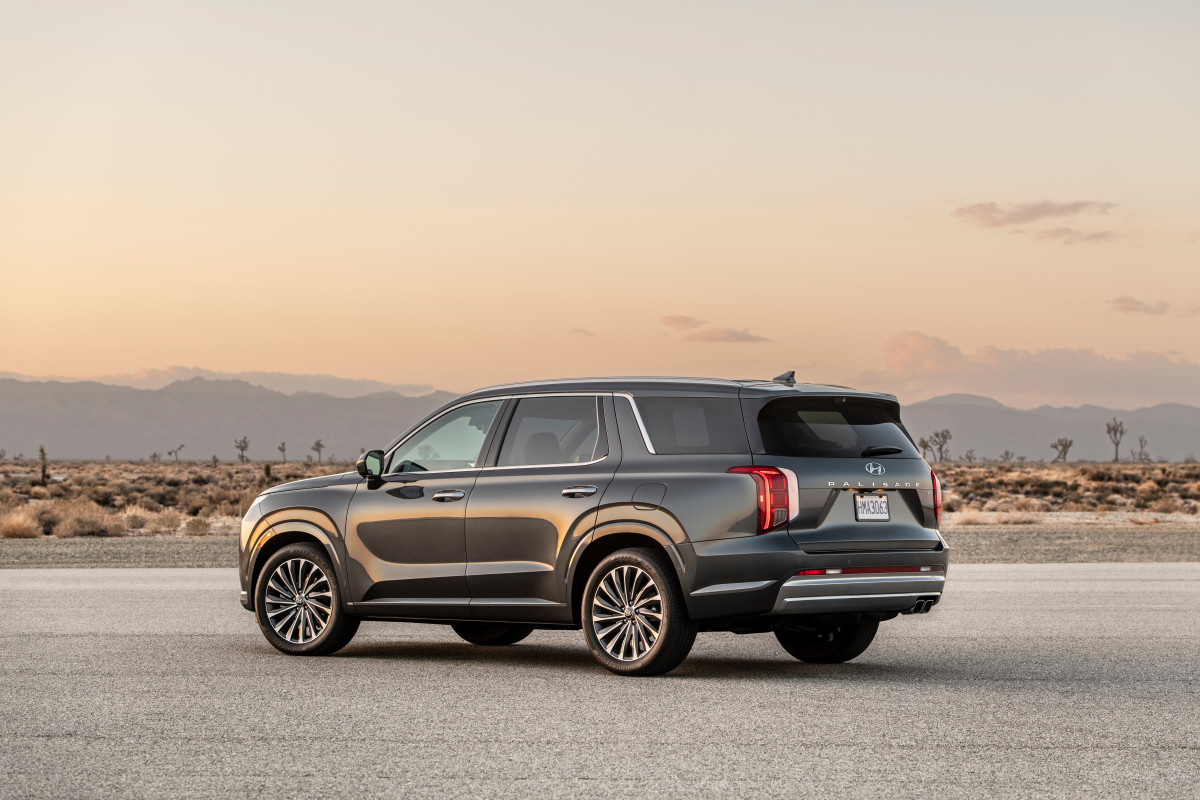A good problem to have
Toyota’s hybrid vehicles are in higher demand than ever, but that popularity has come with a downside: supply chain bottlenecks that are leaving customers waiting months for their new cars, Reuters reported. The shortage of key components, including hybrid powertrain parts, has disrupted deliveries worldwide, affecting buyers across the U.S., Europe, Japan and India.
Surging hybrid demand meets production constraints
Toyota has long been the dominant player in the hybrid market, and its bet on gasoline-electric vehicles over fully electric models is proving successful. Global hybrid sales have nearly tripled in the past five years, rising from 5.7 million to 16.1 million, according to LMC Automotive. However, this rapid growth has strained the company’s production capacity and its suppliers’ ability to keep up with demand.

Toyota
Customers in Europe now face wait times of 60 to 70 days for popular models like the Yaris Cross and RAV4 plug-in hybrid, about twice the duration in 2020. In Japan, waits range from two to five months, while U.S. dealerships are struggling to keep the Prius and Camry hybrids in stock. Indian buyers have it even worse, with delivery times stretching from two to nine months, depending on the model.
The supply chain struggles to keep up
Toyota’s hybrid supply chain is experiencing bottlenecks at multiple levels. A shortage of magnets — used in hybrid motors — is causing delays in getting key components to Toyota’s assembly lines. Similarly, Denso, another major Toyota supplier, is facing difficulties obtaining enough inverters, which are essential for converting battery power to drive hybrid motors.

Toyota
In response, Toyota is reportedly considering alternative suppliers in India and may begin manufacturing inverters there to ease the strain. The automaker has also invested heavily in battery production, including a $14 billion plant in North Carolina, which is set to begin shipping batteries for hybrid models in April.
Competitors face similar challenges

Hyundai
Toyota isn’t the only automaker struggling to keep up with demand for hybrids. Hyundai and Kia are also facing production constraints, with Hyundai’s Palisade hybrid carrying a one-year wait time in South Korea. The wait for Kia’s Carnival hybrid is around 10 months, while the Sorento hybrid takes about seven months to arrive. Honda, another strong player in the hybrid segment, has also reported high demand, particularly in North America and Japan.
Final thoughts
While some industry experts predicted hybrids would be phased out in favor of battery-electric vehicles, Toyota’s continued success suggests otherwise. In China, a market where Toyota has struggled against local EV makers like BYD, hybrid sales were a rare bright spot. Despite an overall sales decline of 7% in China last year, Toyota’s electrified vehicle sales — mostly hybrids — grew 27%.
As Toyota scrambles to ramp up production and ease supply bottlenecks, one thing is clear: Hybrid demand is not slowing down anytime soon. Whether the automaker can overcome these logistical hurdles will determine if it can maintain its dominance in the hybrid market amid intensifying competition.